The food we cook is not always eaten completely, and this is when we think of preserving the leftovers. Regarding this option, freezing seems to be the only opportunity. However, when it comes to exposing cooked vegetables to frost, most of us would stumble and ask: is it possible at all?
If this is what bothers you as well, below check out the complete and brief guide for preserving prepared and thermally processed veggies of almost all kinds.
Can Cooked Veggies Be Frozen?
Shortly speaking, yes, cooked vegetables can be successfully and safely exposed to frost to extend their lifespan. In addition, brisk cooking (for instance, blanching or shocking) is a handy way to get the raw vegs ready for the freezing camera when we need to stock some for future use. Since we can’t just toss the fresh veggies into the freezer to get them frozen because they will spoil, thermal processing is a must.
So it doesn’t matter whether you are going to keep the leftovers, prepare the raw goodies for preservation, or just stock some to cook later, freezing is the only chance to do this right.
Nevertheless, it is important to keep in mind that not all veggies freeze the same well. Fortunately, most of them need no special skills or preparation procedure prior to freezing, so the basic preservation methods will work for most of the raw goodies.
Keeping cooked veggies in the freezing camera requires no special tools or supplies, and usually, the whole procedure will take you pretty little time. But still, it is important to follow the instructions precisely to do everything the best way for the vegetables.
Another beneficial feature is that defrosting such goodies is also a very simple and quick thing to do. Just heat them up in a frying pan or casserole at once, and voila, a delicious meal is ready to enjoy!
As a result, you will get easy-to-thaw foodstuff, fresh and delicious, with all the healthy elements preserved, that can be incorporated into any dish almost immediately! Or simply heat it up and enjoy it as a side dish when in need of a quick meal.
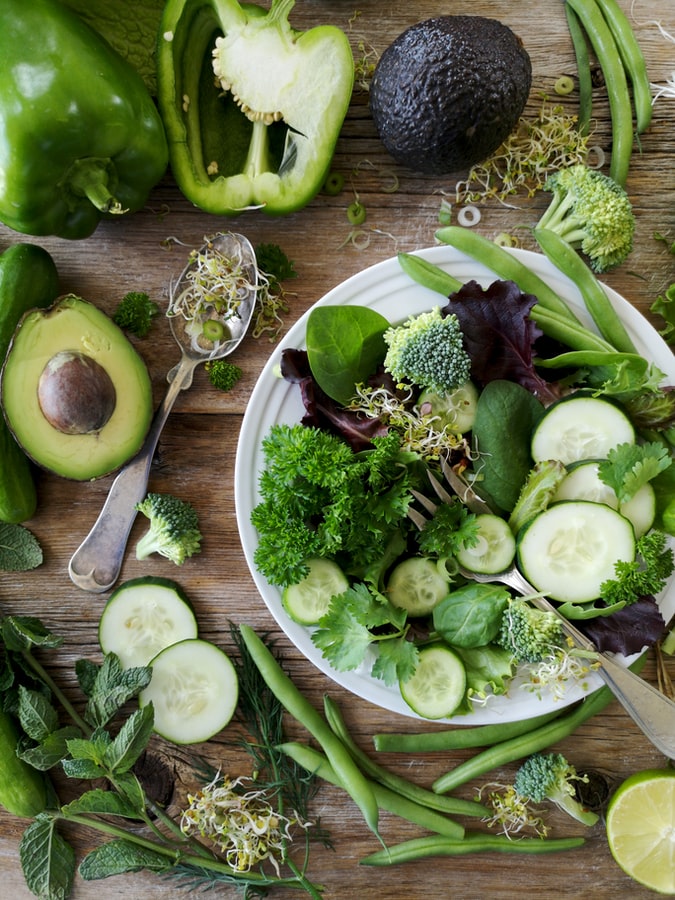
The Upsides Of Freezing Cooked Veggies
However, it would not be real-life if everything was so simple and fun! Just like anything else in our life, freezing cooked veggies has its pros and cons, its benefits, and nuances, and they are good to be aware of.
But let us begin with the positive features and list all the beneficial traits of preserving cooked veggies:
- Frozen leftovers or previously cooked vegs can be easily used for cooking later, and you will not have to waste time on slicing, washing, peeling, and other preparations.
- The process of freezing is as simple as it is.
- Frozen cooked veggies are very quick and simple to reheat.
- Freezing preserves both the quality and texture of the foodstuff and its nutritious characteristics.
- Exposure to frost preserves the flavor of the foodstuff as well.
- Cooked veggies are multipurpose and can be used later as a complete meal, as a side dish, or they can be successfully incorporated into any dish as an ingredient.
- To eat the cooked veggies that were preserved in a freezing camera, no defrosting is needed. Simply toss them into a pan and heat up!
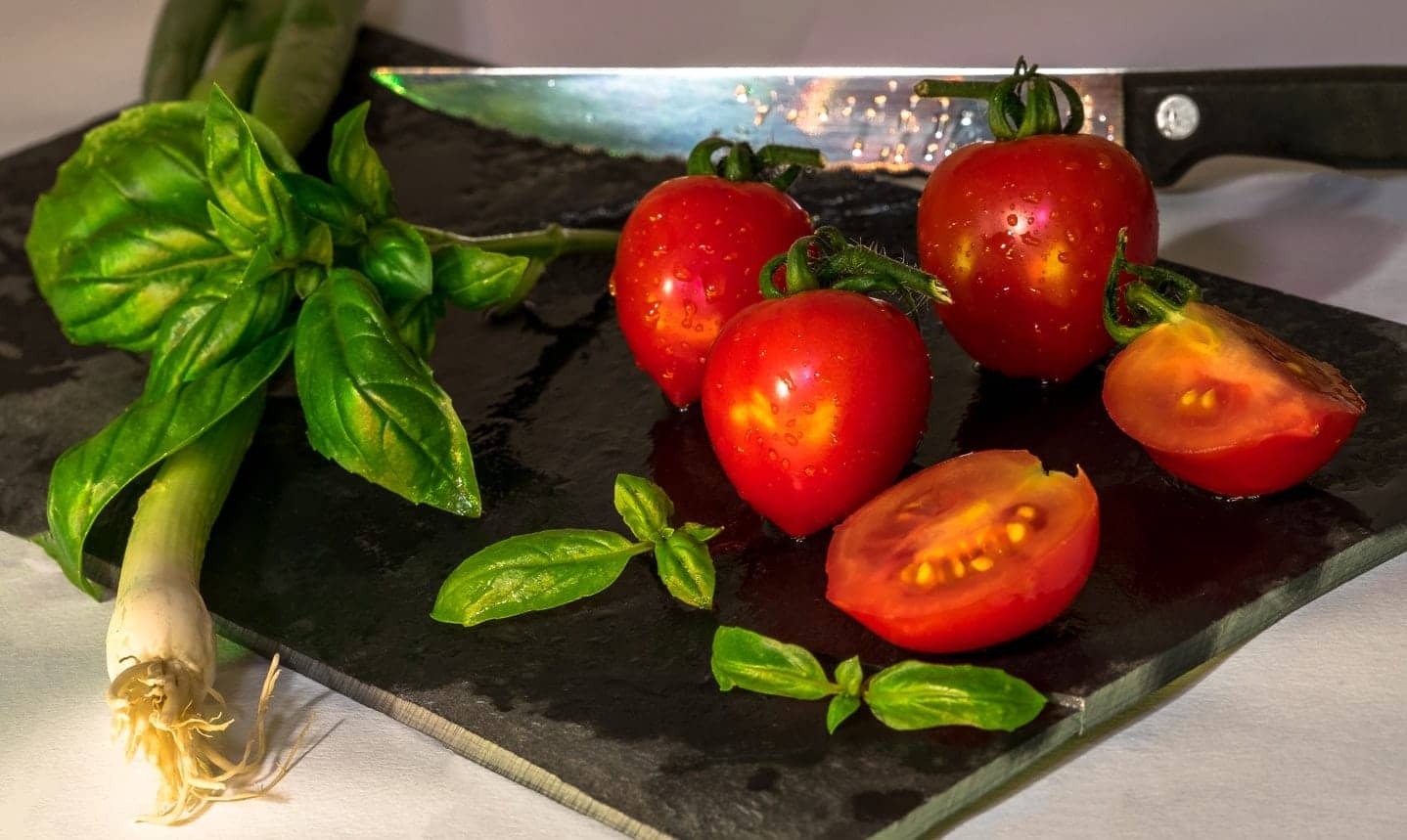
Sounds great and it is so, but on the other hand, certain downsides of such a preservation method also exist.
The Downsides Of Preserving Veggies In the Freezer
So what can be the disadvantages of keeping cooked vegs in a freezer camera? Let us list them all one by one.
- To begin with, certain veggies do not freeze the same well as their “relatives”. This means one must be aware of those nuances in advance in order not to mess up with the goodies!
For instance, cucumbers, lettuce, and salad greens are not the best options for freezing, so if you need to preserve them, it will require certain skills and fuss.
- Not everyone knows about this nuance, but some vegetables are better frozen when raw rather than when thermally processed because if cooked, they tend to lose most of their integrity.
- Freezing does not mean the goodies will last forever. Unfortunately, sooner or later, they will also spoil even in the freezing camera!
- Prior to freezing, any veggies that were thermally processed must be cooled which means some time will have to be spent on that.
- If the veggies belong to those that are not frost-friendly much, after being reheated, they can become somewhat mushy.
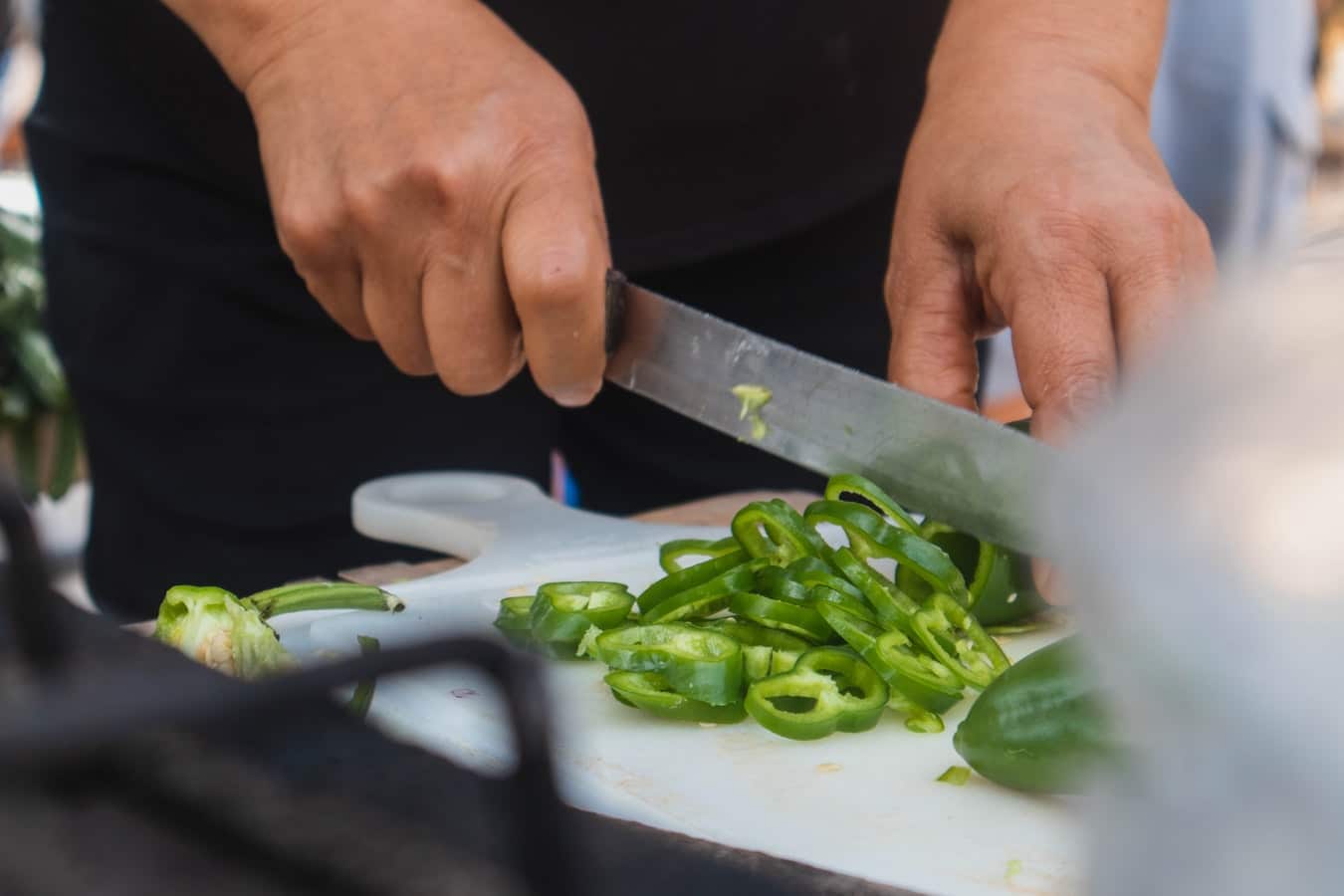
However, when being aware of these peculiarities beforehand, it is easier to be ready for any unexpected nuances and situations.
What to Consider Before Tossing Cooked Veggies into the Freezing Camera
Even though freezing is quite a simple thing to do, especially when it comes to preserving cooked veggies, we would still recommend everyone take into account the basic rules and instructions that will allow getting ready for the procedure properly.
To get properly frosted vegs that are easy to cook, ensure all the following steps are completed one by one:
- Always let the cooked veggies cool down completely until they reach room temperature. Normally, half an hour is enough. If we put the warm or especially hot foodstuff into the freezing camera, the goodies will get spoiled even faster than they should be.
- Get the freezer bags or glass hermetic containers with lids ready. Once the content is cooled enough, scoop it into the tank or packet, and seal it. If any juice comes with the dish, it is OK to pour it into the storage tank as well.
- Label the tank or a packet with the date when it was sealed, and also remember to indicate what exactly is in that container.
- After placing the veggies into the freezer camera, keep in mind that they can safely be stored for almost nine months, but the longer keeping is not welcome since the quality of the goodies will decay significantly.
Basically, this is it. Nothing complicated or unusual, but these instructions must always be followed in order to be sure that the foodstuff will stay edible and of good quality.
How to Blanch Veggies Correctly Prior to Freezing
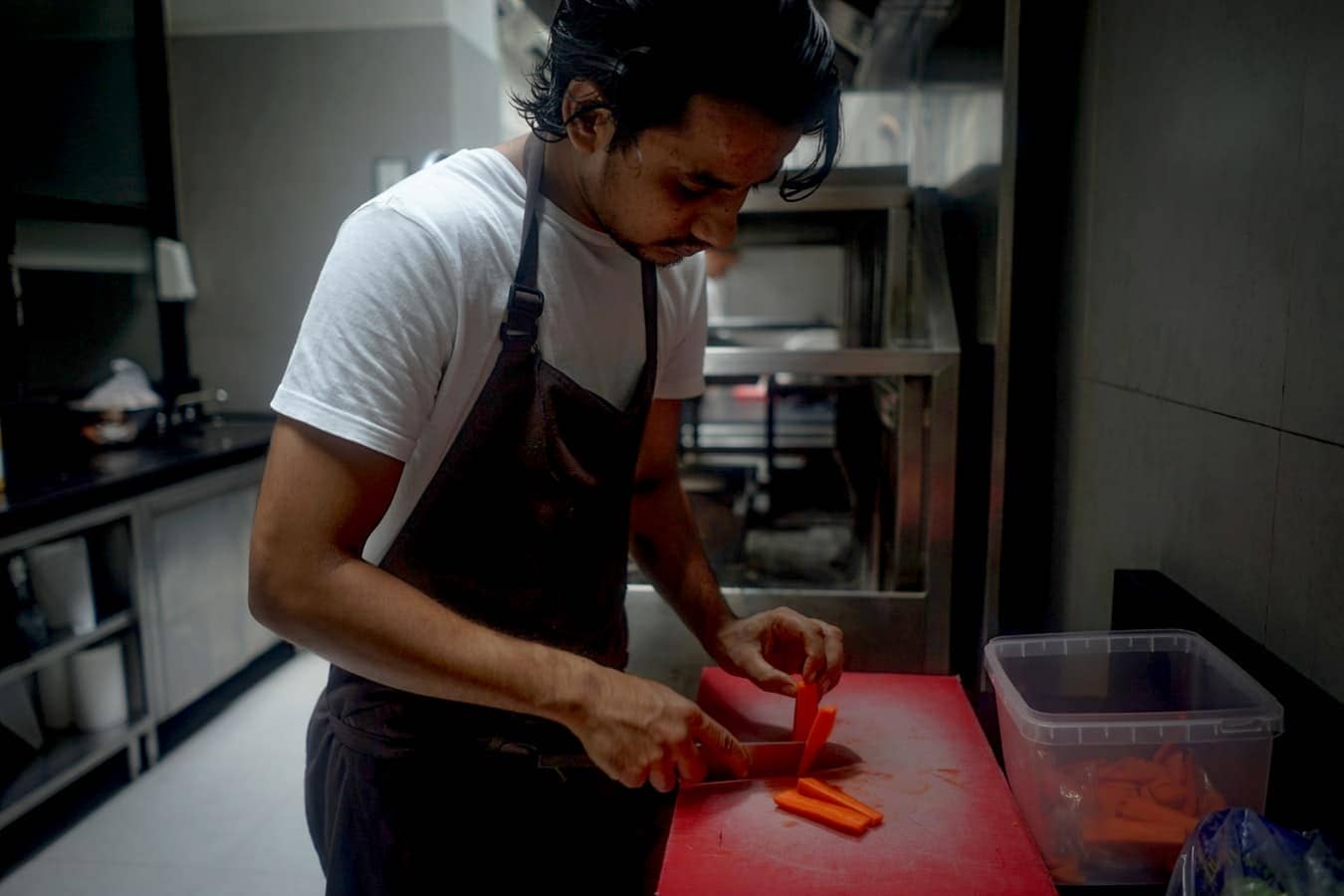
If you decided to preserve some vegs for future cooking purposes, we recommend blanching them since exposing raw foods to the frost can badly damage the goodies and make them useless.
Blanched vegs will keep their crunch and taste, as well as all the vitamins and other nutritious benefits, and for that, you will simply need to complete several easy steps:
- Prep and cut the veggies to the desired size. It can be cubes, slices, or circles, you decide.
- Fill a large pot with aqua and bring that to a boil. At the same time, get another vessel with ice-cold aqua ready.
- The second the aqua starts rolling, immerse the vegs into it and let them roll for one or two minutes. Remember that they must be still a bit crunchy, not completely soft, and cooked!
- Once the veggies are ready, remove them into the icy water instantly. This will stop the boiling process and prevent the goodies from further decay.
- Keep the veggies in a cold bath until they are completely cooled, and then drain, dry, and pack for freezing.
How to Reheat Veggies That Were Frozen
The best feature of the cooked vegs that were frozen is that they can be incorporated into the dish immediately right from the freezer! No need to waste time on defrosting, just toss the content of the packet into the frying pan or casserole, and put that on fire or into the oven.
However, if for some reason you do decide to let the veggies thaw a bit prior to cooking them, we would recommend leaving them in the fridge to defrost. Like that, the foodstuff will thaw relatively easy and the temperature fluctuation will not be that dramatic. As a result, the veggies will retain their quality, texture, and flavor.
To defrost them correctly by heating, do the following:
- Take the frosted vegs out of the freezing camera
- Place them into a pan or casserole that has a lid
- Cover the pan/casserole, and heat it up until it reaches the medium heat
- The second the veggies begin to thaw under the impact of warmth, stir them and break the frosted clumps apart
- Keep on heating until the desired level of warmth is achieved
As an alternative method, try out microwaving them, but in this case, the veggies must be placed into a microwave-resistant tank and heated for five minutes being stirred after every sixty seconds.
And of course, feel free to incorporate them directly into the dish that is being cooked if this is the plan.
The List Of Vegetables That Freeze Better Than Others
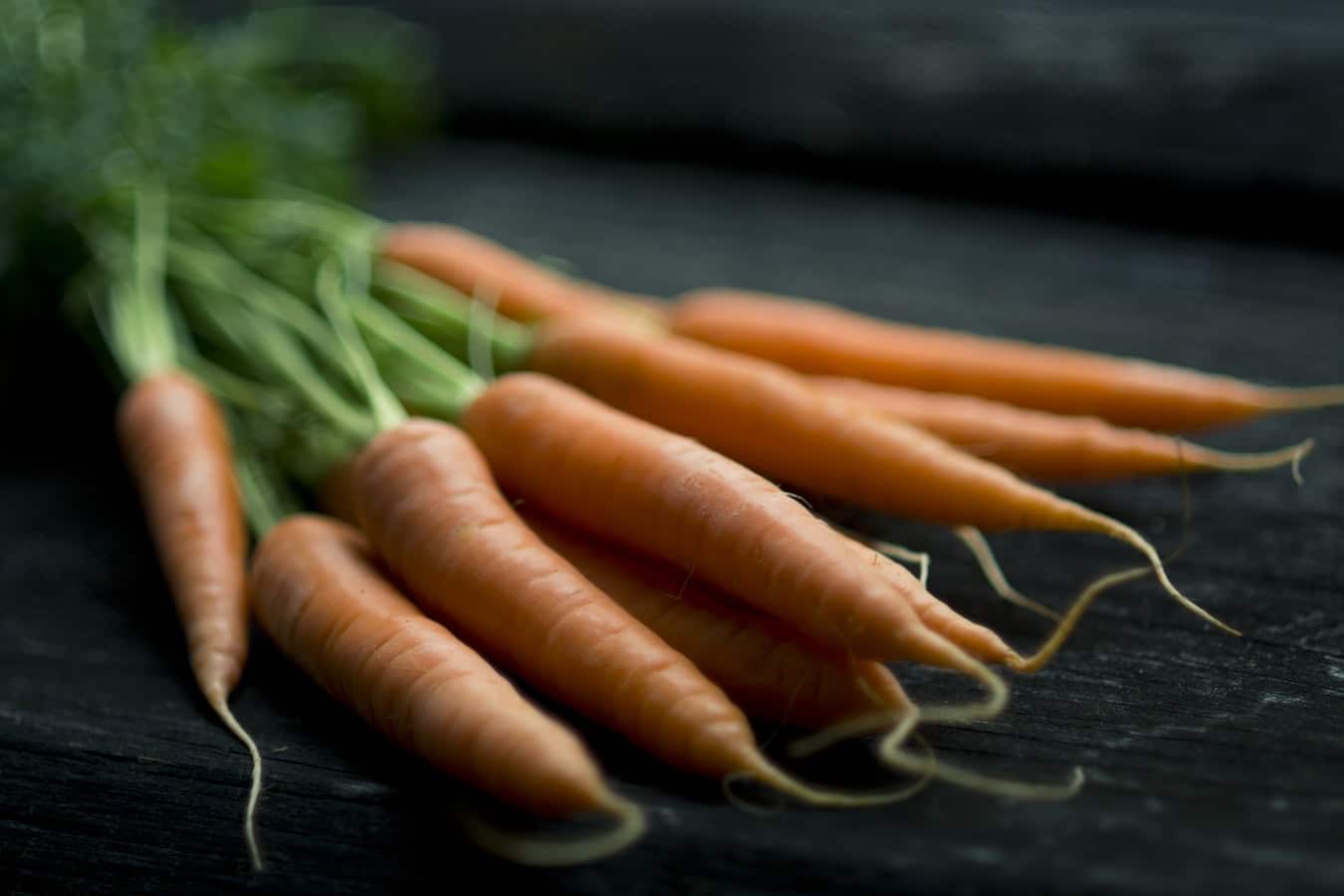
As we already mentioned, not all veggies can be frozen the same well. Those that are more watery like cucumber or lettuce, for instance, can easily become damaged under the impact of frost.
And since not all of us are aware of such specifics of the veggies’ “anatomy”, we suggest to check out the vegetable list that includes the goodies that can be safely exposed to frost both raw and thermally processed.
- First of all, let us start with freezing carrots. This root veggie freezes perfectly well when raw or cooked, and it also keeps its nutritious value and taste. However, be prepared that when defrosted, these orange root vegs will become way less firm and will partly lose their texture.
If you want to learn how to freeze carrots, it is very simple: blanch them if they are still raw, or preserve them roasted, baked, boiled, or even mashed.
- Freezing kale is even simpler, especially if baby kale is used and it’s raw. However, note that this leafy veggie will not last too long both fresh and cooked, so ensure you will make use of it within four weeks at most!
If you ask yourself how to freeze kale safely, opt for the firm hermetic tank meant for the freezer camera. Kale can be preserved as a salad or in a savory dish, but of course, a kale soup should not be frosted!
- How to freeze broccoli? This stuff is probably one of the simplest ones to take care of! For freezing cooked broccoli safely, dry it and place it into the freezing camera being spread on a tray for two hours.
After that, the florets can be transferred into the frost-safe packet, sealed, and tossed into the freezer.
- Can you freeze onions? Yes, you can, but be aware that their texture will unfortunately suffer. For this reason, defrosted raw onions are better to be used in hot dishes like casseroles or stews.
As for the cooked ones, they can easily remain edible for three months if sealed in airtight packets.
- Spinach is another thing that can be preserved in a frosty camera, but it will not last long, thirty days is the longest term. This foodstuff is suitable for smoothies and hot dishes when defrosted, so no matter how you decide to freeze spinach, it won’t be OK for consuming it as it is.
- If someone ever wondered how to freeze cabbage and not turn it into a mess, we know the simple answer. Sort the cooked foodstuff into the frost-resistant packets or stuff it into the hermetic container, and leave in a freezer.
Incorporate into hot dishes instantly after taking it out from the freezer, and enjoy the tasty meal!
Veggies You Wouldn’t Think Are OK With Freezing. But They Are!
Sometimes we think that certain goodies won’t freeze but in fact, it is possible to preserve them this way, only we need to know several tricks to do it right.
Probably, everyone heard that watery veggies can’t be exposed to frost, right? However, we can prove that it’s not quite true!
How to freeze celery
Can you freeze celery? We guess, most of us asked this question. This veggie has watery stems that can easily turn mushy if not treated right. To keep them crisp, blanch the veggie for 2-3 minutes according to the instruction, and then place it into the freezer for several hours to harden.
After that, celery can be tossed into the packet and left in a freezing camera for up to a year.
Can you freeze cucumbers?
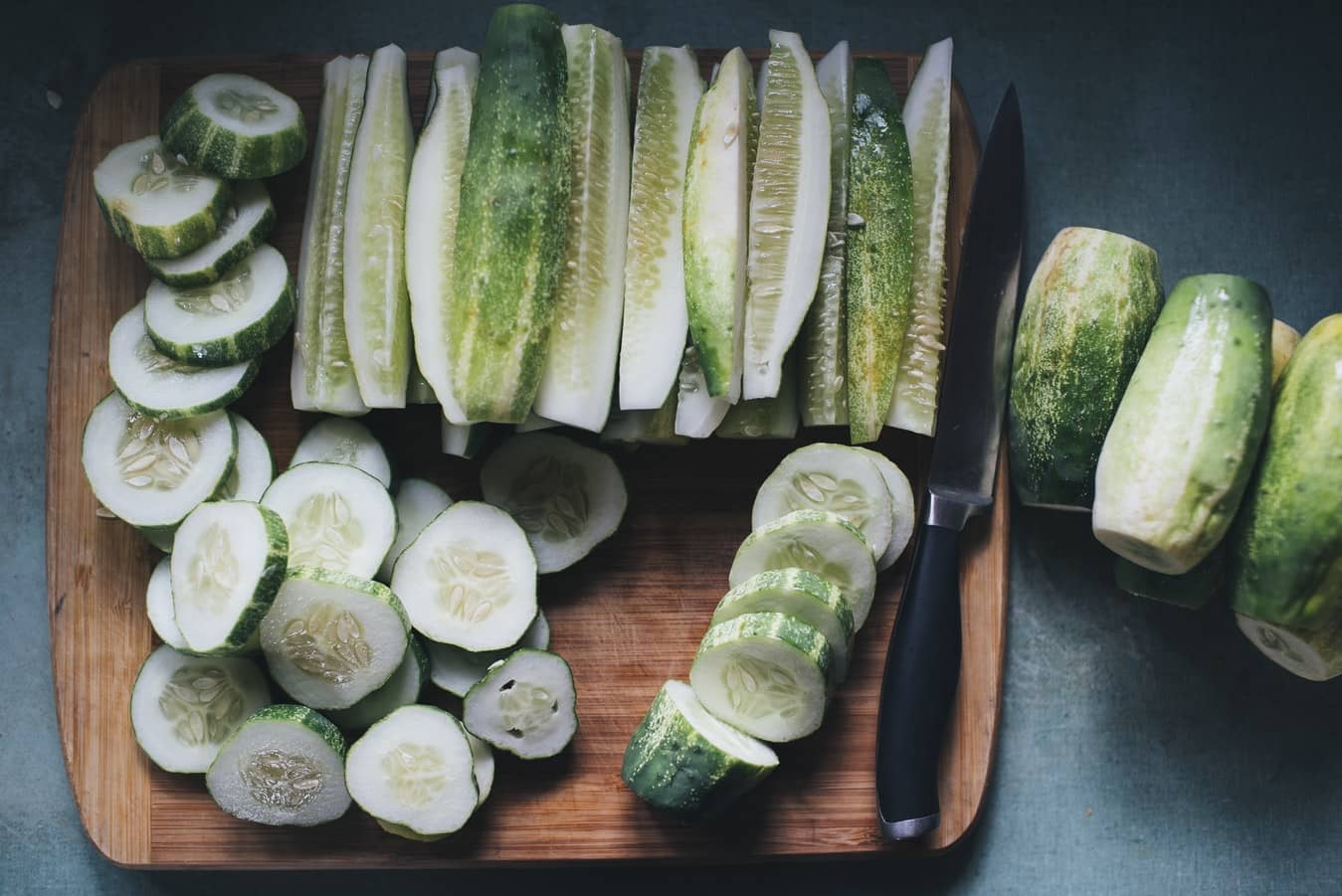
Yes! This watery green stuff is best to be frozen when cut or sliced. Place the slices onto the tray covered with parchment and leave the cucumber to freeze until hard. Then transfer it into the tank/packet, and preserve it.
Can you freeze lettuce?
Yes again. Do it either with the whole separated leaves or puree them and stuff the ice tray with the green mush.
As you can see, almost any veggie can be preserved long-term in a freezer if we know what to do to keep it crisp and delicious.
[wp-faq-schema title=”Frequently Asked Questions”]
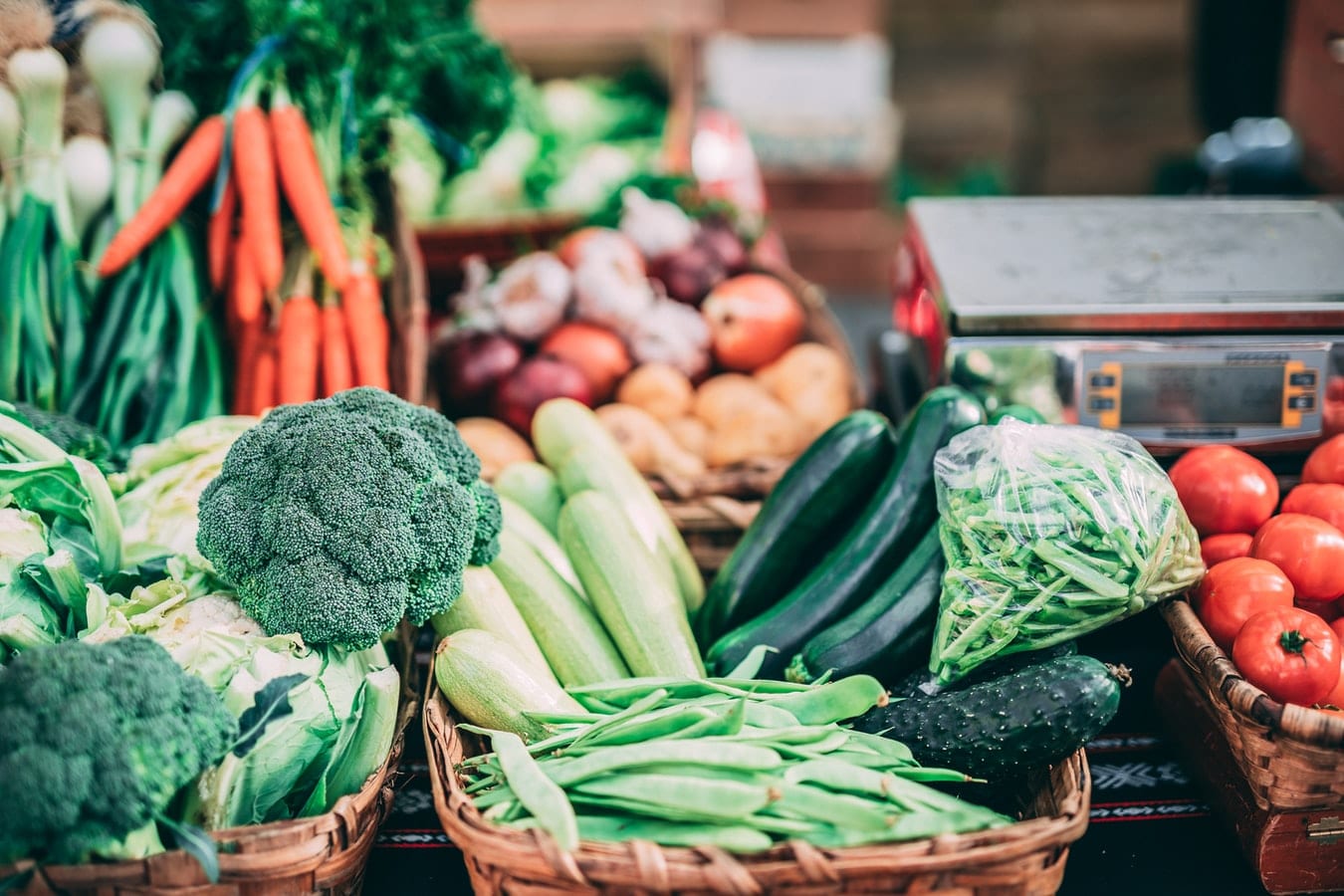
Is it safe to eat leftover cooked vegetables? I have some veggie stew left, it’s two days old, and I keep it in the fridge. Do you think it’s still OK?
Why not? Cooked veggie leftovers are safe to eat even when they are 3-4 days old. If the smell and taste are fine, eat it safely.
Hi! I’m new to freezing cooked foods, so I have a question. Can you reheat cooked frozen vegetables? Is it necessary at all?
Hi there! No, in fact, reheating is not needed. Just add them to the dish at once when cooking it. Of course, if you’re making a smoothie, it’s ok to defrost the veggies a bit in the fridge, but no reheating, no.
Can I freeze stir-fried vegetables? Will they freeze fine?
Yes, I often freeze my stir-fries. I know people blanch them first, but I preserve them as they are. Depending on the veggies, some may lose a bit of firmness, but I don’t mind.
How long can I freeze vegetables? What’s the longest term I can keep them frozen safely?
Hi! Well, it depends, but usually, frozen cooked vegetables remain edible for up to nine months.
Please help me, what is a “frosting camera”? I feel like I’m going to lose my mind here. I’ve tried to google it and all it brings up are best camera lenses and what to do if you camera lens has frosted over.
Hello! Well, things are a bit simpler in fact! See, frosting camera is just an alternative name for the freezer. Yep, that’s the case! – могу опубликовать ответ?